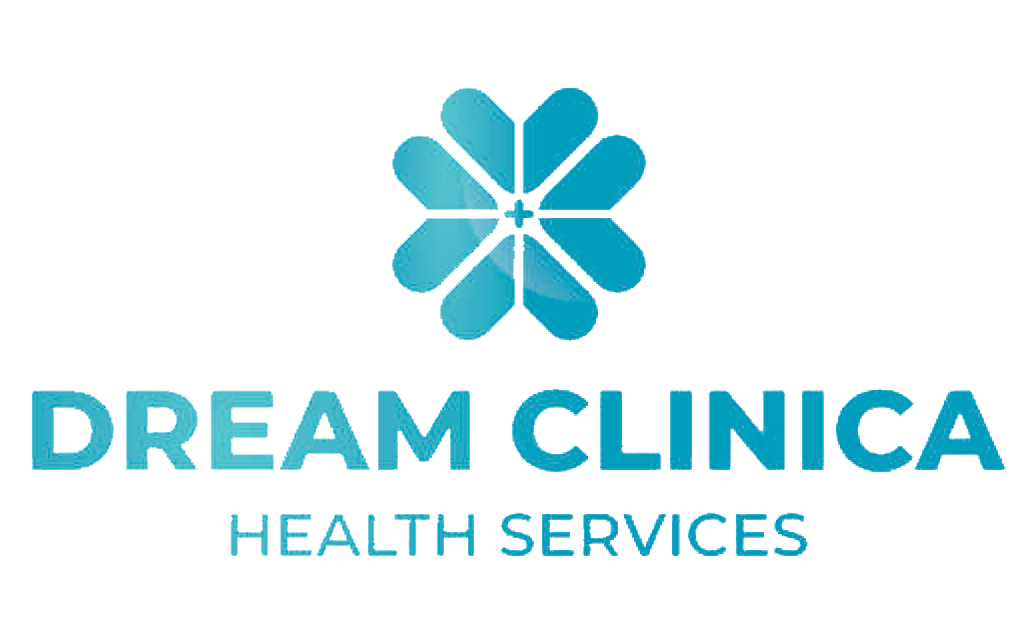Introduction
Antibiotics have long been considered one of the greatest achievements in modern medicine. In dentistry, they play a critical role in managing infections, preventing complications, and protecting patients during invasive procedures. However, while antibiotics can be life-saving in some cases, their misuse or overuse can lead to serious risks, including antibiotic resistance, adverse reactions, and treatment failures.
Understanding when antibiotics are truly necessary—and when they are not—is essential for both patients and dentists. In this article, we explore the proper use of antibiotics in dentistry, common mistakes, and why choosing a trusted dental clinic like Dream Clinica Istanbul ensures the safest and most effective care.
When Are Antibiotics Necessary in Dentistry?
Antibiotics are not a “cure-all” but rather a supportive therapy in specific cases. Dentists may prescribe them when:
- Severe Dental Infections
– For spreading infections such as cellulitis, abscesses extending into the face or neck, or systemic involvement (fever, malaise). - Before or After Oral Surgery
– In patients at risk of developing serious infections, such as those with heart valve disease, artificial joints, or weakened immune systems. - Periodontal Infections
– In aggressive or advanced periodontitis, systemic antibiotics may be used alongside deep cleaning and surgical treatment. - Traumatic Dental Injuries
– When a tooth is avulsed (knocked out) and replanted, antibiotics can help reduce infection risk.
When Antibiotics Are Not Needed
In many common dental cases, antibiotics provide no real benefit. Examples include:
- Simple toothaches without swelling or systemic involvement.
- Routine root canal treatment where the infection is localized.
- Post-extraction pain without signs of spreading infection.
In these cases, antibiotics won’t speed up recovery and may cause unnecessary harm. Instead, definitive dental treatment (such as root canal therapy, drainage, or extraction) is the proper solution.
Risks of Misusing Antibiotics
- Antibiotic Resistance
– Overuse leads to resistant bacteria, making future infections harder to treat. - Side Effects
– Nausea, diarrhea, allergic reactions, and in severe cases, life-threatening anaphylaxis. - Masking the Real Problem
– Relying on antibiotics instead of dental treatment can allow infections to worsen. - Impact on Oral and Gut Microbiome
– Long-term use disrupts healthy bacterial balance, potentially causing secondary issues.
Guidelines for Safe Use of Antibiotics in Dentistry
- Diagnosis First: Antibiotics should never replace proper dental intervention.
- Correct Choice of Drug: Amoxicillin, metronidazole, or clindamycin are commonly used depending on the case.
- Proper Duration: Short, effective courses (usually 3–7 days) are preferred.
- Patient Education: Patients should be informed about why the antibiotic is prescribed and the importance of completing the course.
The Role of the Dentist: Why Choosing the Right Clinic Matters
The decision to prescribe antibiotics must be based on clinical expertise and international guidelines. At Dream Clinica Istanbul, the dental team follows evidence-based protocols to ensure antibiotics are used only when necessary and always in the safest way possible.
With advanced diagnostic tools, modern infection-control practices, and a strong focus on patient safety, Dream Clinica is recognized as one of the leading dental clinics in Turkey. Patients can trust that treatments are carried out with precision, minimizing unnecessary prescriptions while ensuring maximum safety.
Conclusion
Antibiotics in dentistry can be both life-saving and dangerous. They play a vital role in managing serious infections and preventing complications, but when overused or misused, they contribute to resistance and unnecessary risks.
For patients, the key is to seek care from experienced professionals who understand the balance between necessary antibiotic use and responsible prescribing. That’s why choosing Dream Clinica Istanbul ensures not only excellent dental care but also the most responsible and advanced treatment approach.

